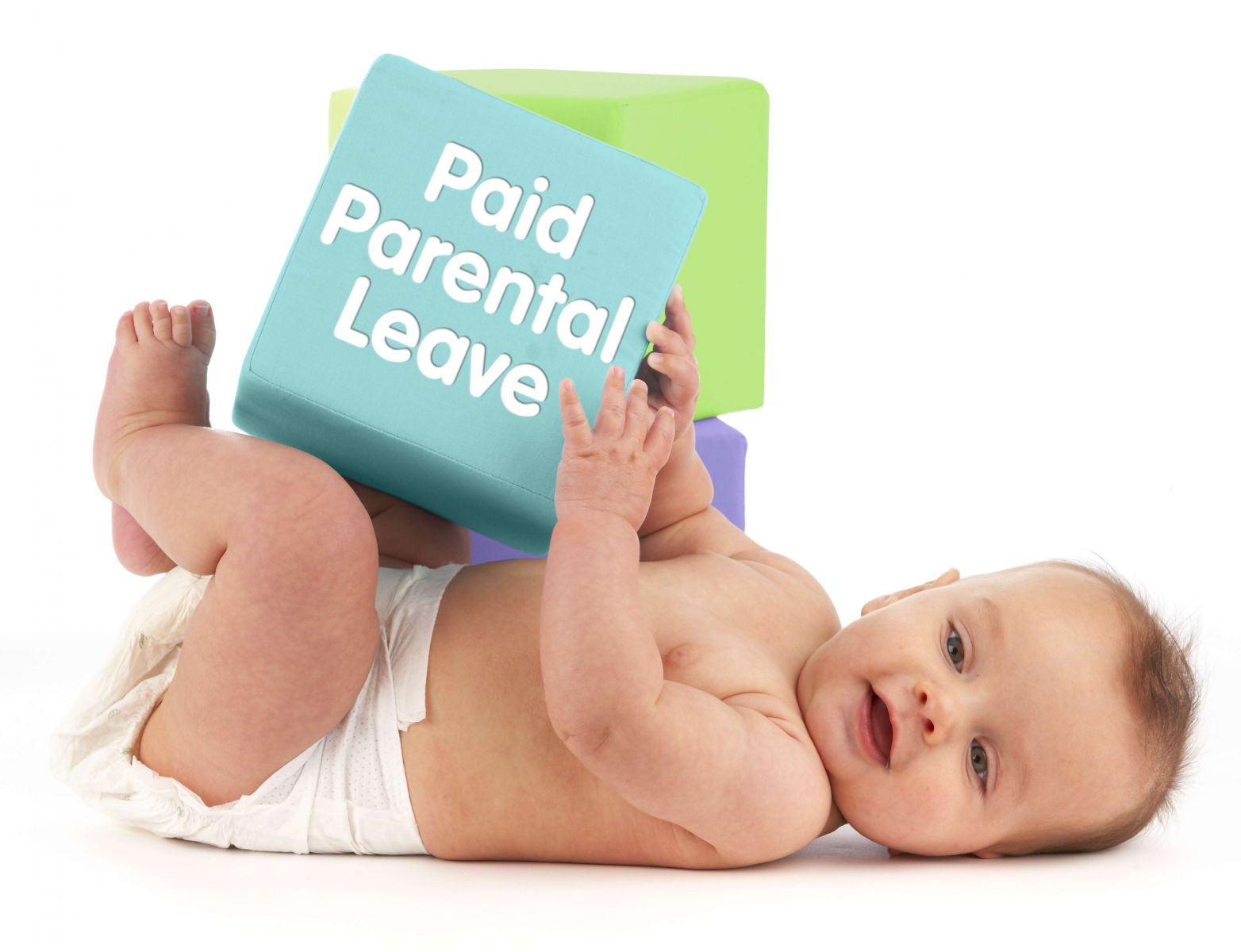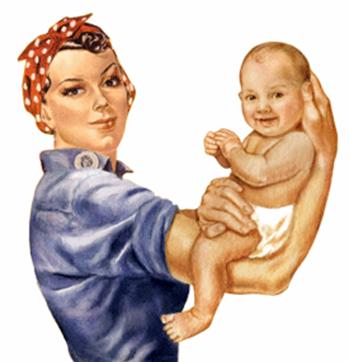The joy of parenting a newborn is irrefutable. But unfortunately the support that parents receive from Maryland employers is dismal, and, to make matters worse, occupational safety and health is at risk. In Maryland an estimated 300,000 workers do not receive parental leave under federal or state law. This requires new mothers to return to work immediately after having a baby, when they should instead be resting and caring for their newborn.
The Family Medical Leave Act requires an employer to have 50 employees before providing parental leave. This archaic threshold leaves a majority of Maryland businesses without any obligation to require parental leave to new parents.
The Maryland legislature so far has failed to offer direction to small sized employers under these circumstances, and the implications for the safety and health for working parents is overwhelming.
According to the Mayo Clinic, it takes four to six weeks for a cesarean section (C-section) incision to heal. More than 34 percent of all babies in Maryland are born through cesarean section. This means many new mothers are forced to work with surgical stitches or staples.
After a C-section, simply transitioning from sitting to standing is not only painful, but also very hard to do for the first couple of weeks. But workers in Maryland do more than just get in and out of chairs; these women stack boxes, clean hotel rooms and work in fast-food restaurants.
We can only speculate on the pain that these new mothers are in. Another concern is the risk employers are taking by forcing recovering mothers to come back to work. These employers could be found liable if a new mother injures herself on the job.
The Maryland legislature should take up this issue and pass a bill to deal with the problem immediately. Thankfully, Delegate Ariana Kelly is working on a proposal to grant new mothers the leave they need to fully recover, so that no one will be forced to go back to work days after giving birth.
House Bill 1026 takes the important first step of directing employers with 15 to 49 employees to provide six weeks of leave to new parents and those who have adopted a child. However, the worker must have been employed for a minimum of 12 months to be eligible for these protections. The bill will mandate unpaid leave only, and exclude employers with less than 15 employees, so it still has some flaws. But it is definitely a step in the right direction for new mothers, worker safety and health.
Follow @safeworkers on Twitter
Keith Wrightson is the workplace safety expert for Public Citizen’s Congress Watch.
This article originally appeared on CitizenVox.






